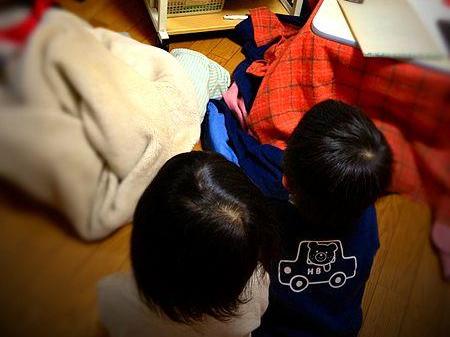Under-twos should not have screen time, World Health Organisation says
However, doctors say advice is ‘out of step with scientific evidence’

Toddlers and young children should have no more than one hour of sedentary screen time a day, according to new advice from the World Health Organisation.
The guidelines suggest a 60-minute limit for those aged between two and five-years-old.
It also recommends babies and toddlers avoid any sedentary screen time, including watching TV or sitting still playing games on devices, until the age of two.
The guidance, designed to help national policymakers, also includes advice on physical activity and sleep for under-fives.
“For the greatest health benefits, infants and young children should meet all the recommendations for physical activity, sedentary behaviour, and sleep in a 24-hour period,” the report states. “Replacing restrained or sedentary screen time with more moderate-to-vigorous-intensity physical activity, while preserving sufficient sleep, can provide additional health benefits.”
Dr Max Davie, officer for health improvement at the Royal College of Paediatrics and Child Health, said the guidelines are “useful benchmarks” for families, but warned they should be interpreted with caution.
Advice published by the organisation in January suggested parents should avoid letting children use their technology an hour before bed time, and recommended parents set agreed screen-time limits.
The UK’s four chief medical officers have also advised banning phones from bedtimes and mealtimes.
“The restricted screen-time limits suggested by the WHO do not seem proportionate to the potential harm,” Dr Davie said.

“Our research has shown that currently there is not strong enough evidence to support the setting of screen-time limits, and that screen use should be considered alongside a range of activities to assess its impact.
“Also, it is difficult to see how a household with mixed-age children can shield a baby from any screen exposure at all, as is recommended.”
Professor Andrew Przybylski, from the University of Oxford, said the report “represents a missed opportunity” for the WHO.
“On the basis of common sense many of the recommendations make sense but in many ways the conclusions drawn about screens are out of step with scientific evidence of harm,” he said. “None would contest the fact that increasing physical activity, sleep, and health are important goals and it is possible that screens impact young people in a wide range of ways but we won’t know that until good scientific studies are done.”
The new WHO guidance states that children under the age of one should not have sedentary screen time.
Children aged one to two years old should spend at least 180 minutes being active and 11 to 14 hours sleeping, it states. Sedentary screen time is not advised for one-year-olds, and less than 60 minutes is suggested for two-year-olds.
Children aged three to four should spend at least 180 minutes being physically active, including 60 minutes at moderate-to-vigorous intensity, and sleep for 10 to 13 hours, the report states.
Sedentary screen time should be no more than one hour for those in this age group, and “less is better”.
Press Association
Join our commenting forum
Join thought-provoking conversations, follow other Independent readers and see their replies
Comments
Bookmark popover
Removed from bookmarks